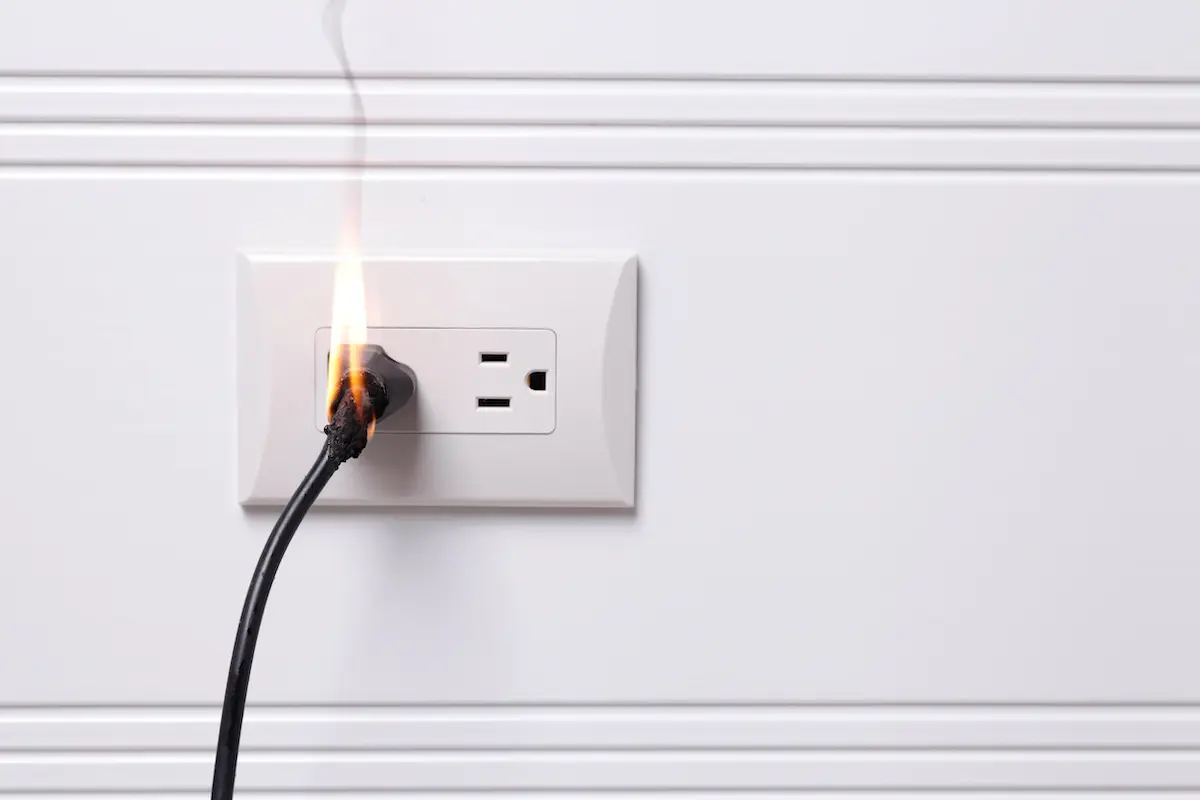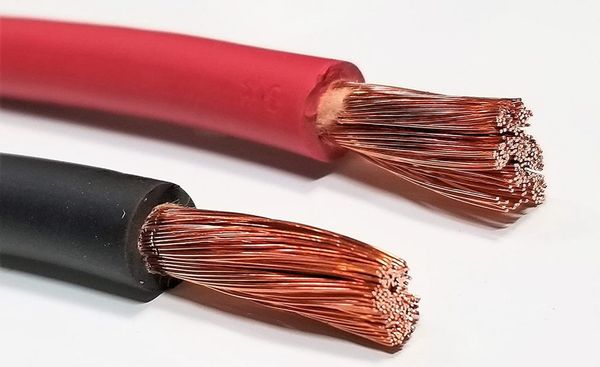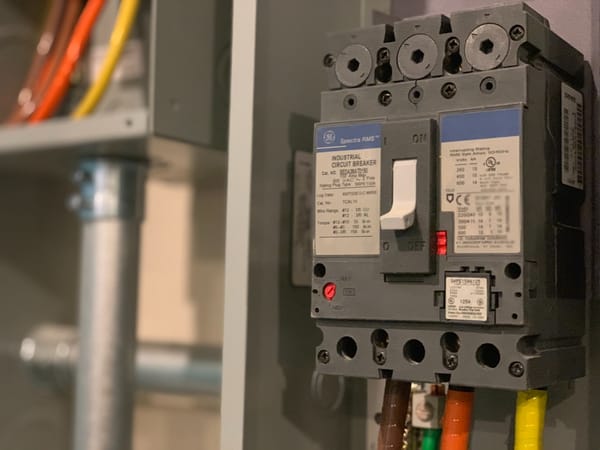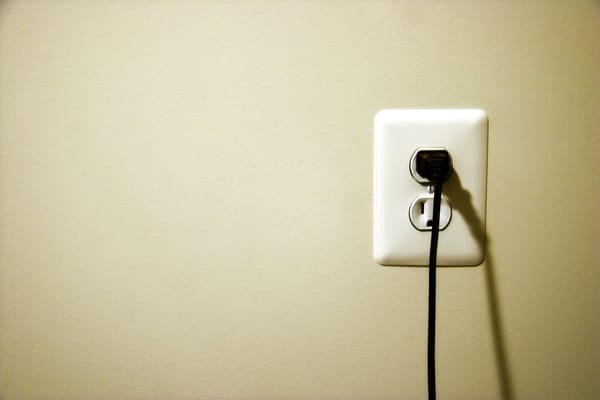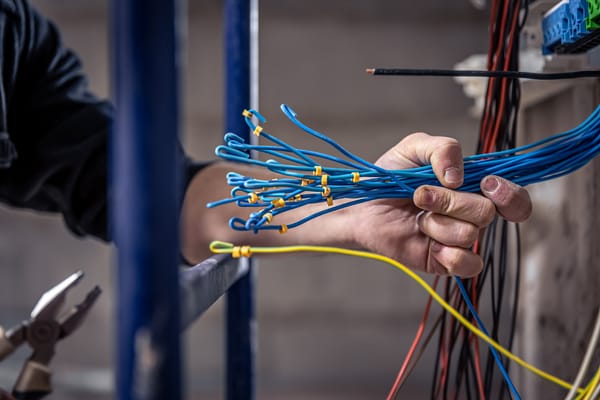Electrical fires are a significant hazard in both homes and workplaces. Unlike regular fires, they require specific methods to extinguish safely. Understanding the right approach to tackle an electrical fire can be life-saving. This article provides comprehensive guidelines on how to put out an electrical fire effectively and safely.
What is an Electrical Fire?
An electrical fire is a type of fire caused by overheating electrical wiring, malfunctioning electrical appliances, or overloaded circuits. These fires can spread rapidly and are particularly dangerous because they can occur without warning.
Step-by-Step Guide to Extinguishing an Electrical Fire
1. Cut the Power Source
Importance: The first step in handling an electrical fire is to cut off the electricity supply. This reduces the risk of electrocution and may stop the fire from spreading.
How-To: Turn off the main power switch at the circuit breaker or fuse box.
2. Use the Correct Fire Extinguisher
Importance: Not all fire extinguishers are suitable for electrical fires. Using the wrong type can exacerbate the situation.
How-To: Use a Class C or a multi-purpose ABC fire extinguisher. These are specifically designed to handle electrical fires.
3. Do Not Use Water
Importance: Water conducts electricity and can lead to electrocution or make the fire worse.
How-To: Avoid using water on an electrical fire. Instead, use a fire extinguisher or a fire blanket if the fire is small.
4. Evacuate if Necessary
Importance: Safety comes first. If the fire is out of control, prioritize evacuating the area.
How-To: Leave the premises immediately and call emergency services from a safe location.
5. Call Emergency Services
Importance: Even if you manage to extinguish the fire, it's crucial to have professionals check the area.
How-To: Call your local fire department or emergency services for assistance.
Prevention Tips for Electrical Fires
Regular Inspection of Electrical Systems
Ensure your home’s electrical wiring is regularly checked by a qualified electrician.
Safe Usage of Electrical Appliances
Avoid overloading sockets and unplug appliances when not in use.
Install Smoke Detectors
Smoke detectors can provide an early warning of a fire, allowing you to respond quickly.
Detailed Fire Safety Measures for Electrical Appliances
Regular Maintenance
Why It Matters: Regularly maintaining electrical appliances can prevent overheating and electrical faults.
Practical Tips: Schedule annual inspections and maintenance of electrical appliances, especially those that are used frequently.
Upgrade Outdated Wiring
Why It Matters: Outdated or faulty wiring significantly increases the risk of electrical fires.
Practical Tips: Have an electrician review your home’s wiring, especially if your home is old, and upgrade any wiring that does not meet current safety standards.
Use Surge Protectors
Why It Matters: Surge protectors can prevent overloading of circuits, which is a common cause of electrical fires.
Practical Tips: Utilize surge protectors for high-power appliances and in areas where multiple devices are plugged in.
Fire Safety Education
Training and Awareness
Why It Matters: Educating yourself and your family on fire safety can drastically reduce the risk of fires and improve response in emergencies.
Practical Tips: Attend fire safety training sessions, if available, and educate your family about the risks and safety procedures for electrical fires.
Fire Drills
Why It Matters: Practicing fire drills can prepare everyone to respond quickly and safely in case of an actual fire.
Practical Tips: Conduct regular fire drills at home, ensuring everyone knows the evacuation routes and meeting points.
When to Seek Professional Help
Fire Size and Spread
Assessment: If a fire is spreading quickly or you are unsure of your ability to extinguish it safely, it’s time to evacuate.
Action: Call emergency services immediately and do not attempt to tackle the fire yourself.
After Fire Extinguishing
Assessment: Even if you believe the fire is completely out, hidden hot spots could reignite.
Action: Contact fire professionals to inspect the area and confirm that it is safe.
FAQs
Q: Can I use a regular fire extinguisher on an electrical fire?
A: No, you should use a Class C or ABC fire extinguisher, which is designed for electrical fires.
Q: What should I do if I can't access the circuit breaker during an electrical fire?
A: If it's not safe to reach the circuit breaker, focus on evacuating and call emergency services.
Q: Is it safe to re-enter my home after extinguishing a small electrical fire?
A: It's advisable to wait for emergency services to inspect the area and confirm it's safe to re-enter.
Final Thoughts
Understanding the nuances of electrical fire safety is paramount to preventing an electrical fire from happening in your home or workplace. Equip yourself with the right tools like a Class C fire extinguisher for small, localized fires, or a Class ABC fire extinguisher for versatility in various fire scenarios. It's essential to remember that not all fires are the same; for instance, using baking soda can be a quick remedy for small electrical fires, but larger ones require specific fire extinguishers. Paying attention to warning signs like flickering lights, the improper use of portable space heaters, or the overloading of electrical wires and devices can significantly reduce the risk of fire.
Regularly inspect and maintain circuit breakers and electrical systems, as electrical failure is a leading cause of fires. By taking these precautions and educating yourself on the proper usage of tools like Class C fire extinguishers, you can create a safer environment for everyone. It's crucial to adopt a holistic approach to electrical safety. This means not only focusing on immediate risks like malfunctioning heating units or frayed extension cords but also fostering a culture of safety in your daily habits. Avoid the common mistake of neglecting electrical devices; unplug them when not in use, and don’t overload sockets, especially with high-power appliances.
Remember, an ounce of prevention is worth a pound of cure. Regularly conducting safety checks, replacing old wiring, and using electrical appliances responsibly are key steps in preventing electrical fires. By staying vigilant and informed, you can protect your home or business from the devastating effects of electrical fires, ensuring the safety and well-being of all occupants.

